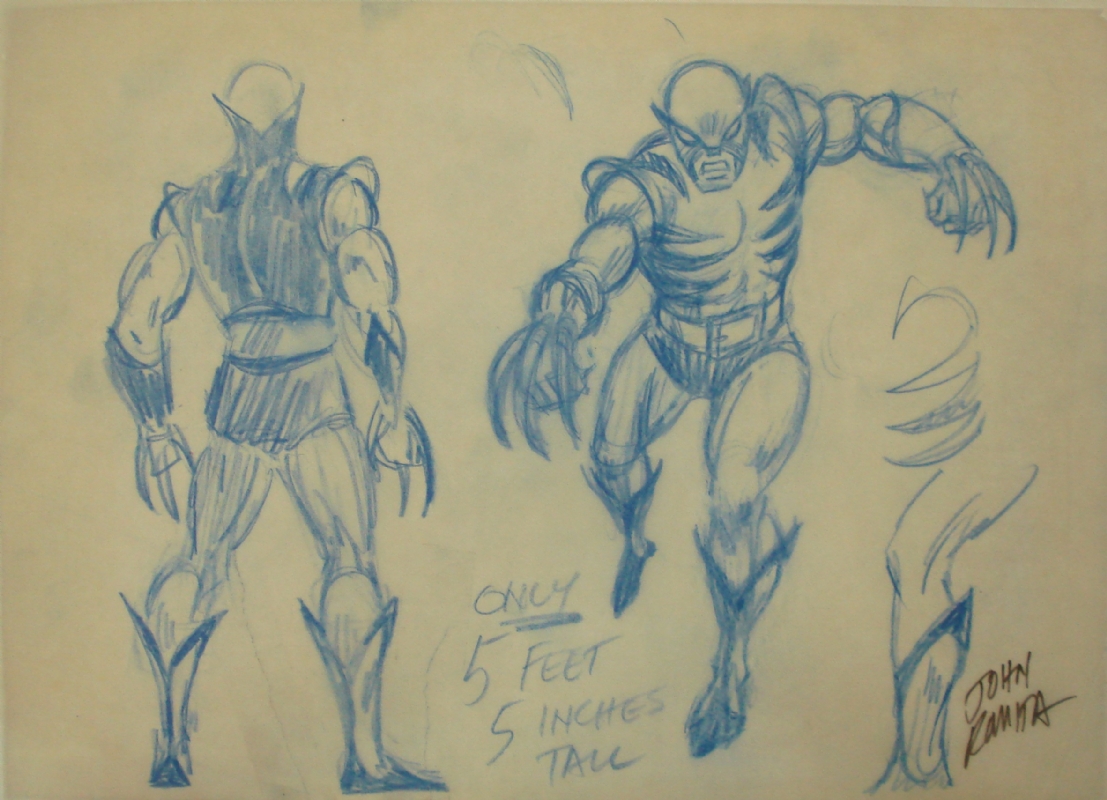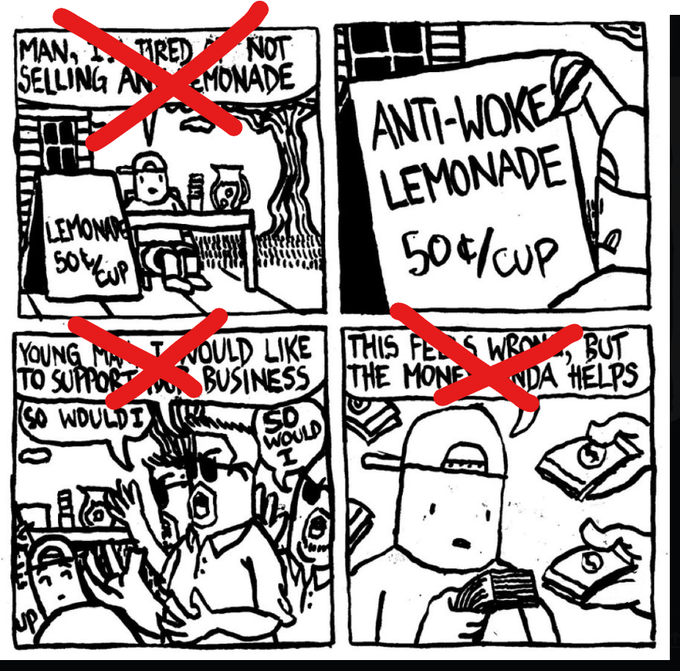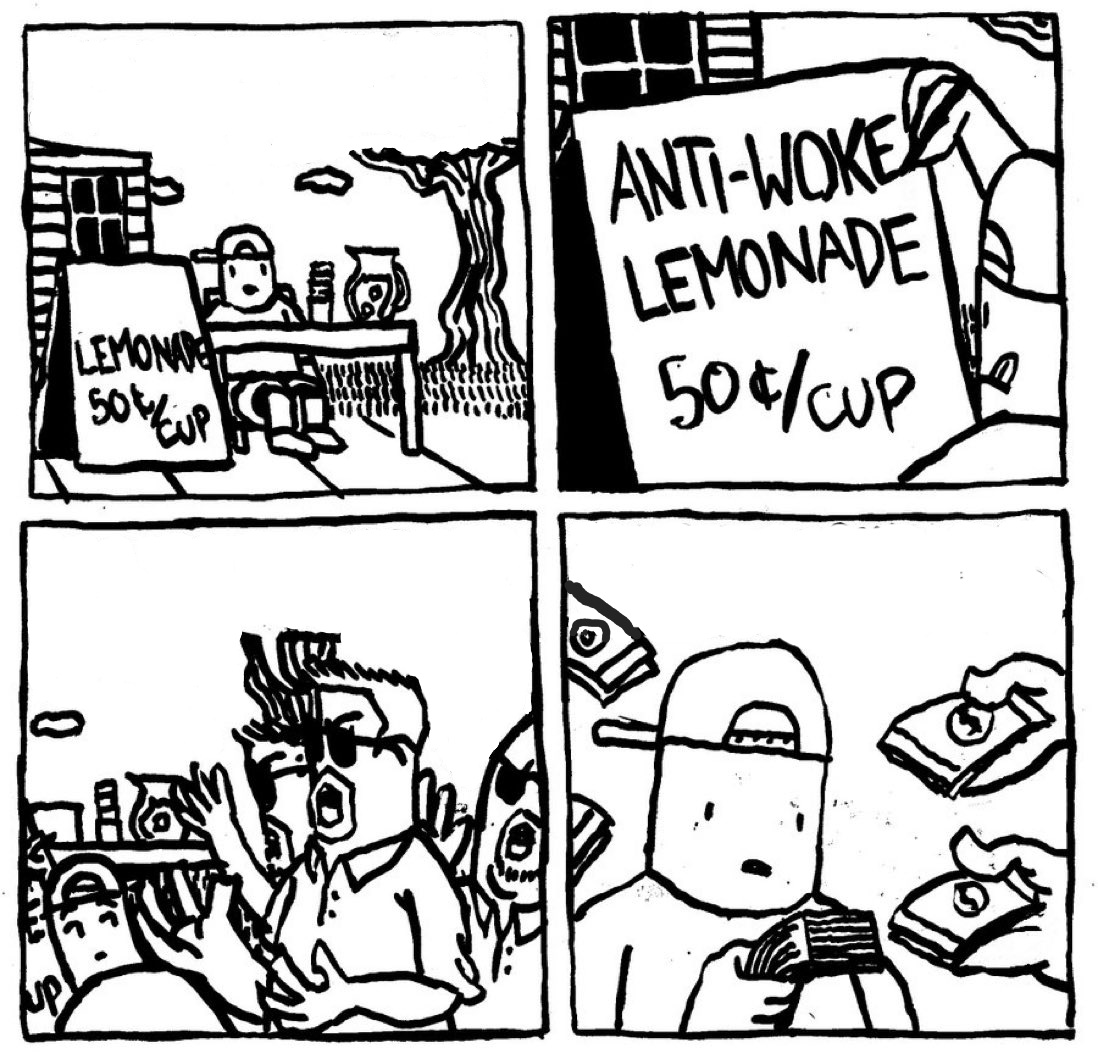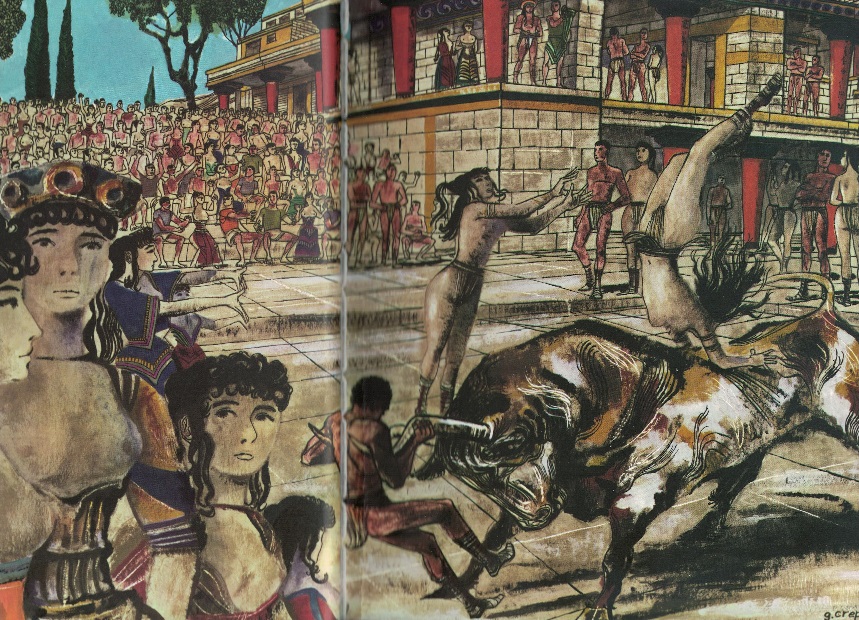Joyce Brabner, writer, activist and the widow of Harvey Pekar passed away on August 2 this year, after a long struggle against cancer. For The Comics Journal, Andrew Farago wrote an excellent retrospective on her life and career in comics. Particularly interesting I found evaluation of Our Cancer Year, the graphci novel she wrote together with Harvey Pekar about his first struggle with the disease and the impact it has had:
Misery enjoys company, however, and readers and creators connected with their memoir on a personal level. “Our Cancer Year was a seminal work of graphic medicine, a growing field of medical humanities combining comics and healthcare, before there really was such a thing,” says Brian Fies, whose autobiographical account of his mother’s illness, Mom’s Cancer, was serialized online in 2004 and published in a collected edition in 2006. “Along with a few other graphic novels such as Justin Green’s Binky Brown, it was a prototype for an outpouring of deeply personal, acutely revealing nonfiction comics centered on their authors’ experiences with illness and treatment. Graphic medicine is now taught in medical schools and discussed in academic conferences around the world, and Our Cancer Year was the soil in which it took root.”
Not everybody can say they helped create an entire new field of comics non-fiction! Our Cancer Year was coincidentally the first work of hers and Harvey I ever read, a few years after it first came out. A pity it no longer seems to be in print. This is also is the case for the most important non-Pekar projects she was involved in as an editor, the Real War Stories and Brought to Light antiwar comics she did for Eclipse, both of which are excellent as well.
As one of the artists that worked with her and Pekar puts it, it’s easy to think of her as simply “Joyce from American Splendor“, a trap Andrew Farago here neatly avoids. Even if you only knew her from American Splendor, Farago gives an excellent overview of how much she mattered as her own creator, not just a supporting actor in Pekar’s comics.



